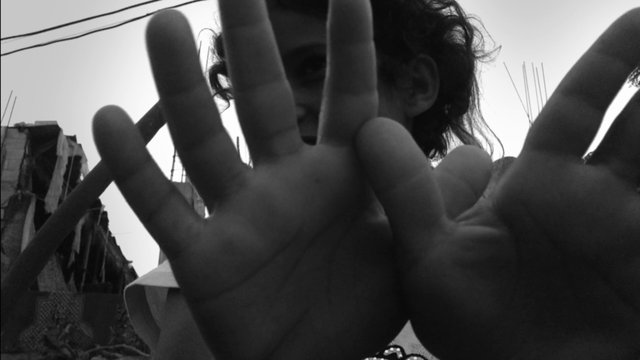Tag: Video
-
Video: Gaza in Shadows
29th June 2013 | International Solidarity Movement, Gal·la | Gaza, Occupied Palestine I tried to collect some pictures offering a glimpse of the situation in the Gaza Strip, a closed, besieged place put under a blockade by the Israeli Zionist state. Despite the everyday misery and difficulty, people carry on with their lives and try to do…
-
Three people arrested and several homes ransacked by Israeli occupation forces in Nablus
28th June 2013 | International Solidarity Movement, Nablus Team | Nablus, Occupied Palestine In the early hours of the morning on the 27th June hundreds of Israeli army and police of the occupation forces invaded Nablus where they arrested people, destroyed homes and shot teargas and sound bombs all through the night. The army remained…
-
UPDATED: New wall construction to surround Azzun Atma
20th June 2013 | International Solidarity Movement, Nablus Team | Azzun Atma, Occupied Palestine UPDATE 21th June: This morning, the 21st of June villagers from Azzun Atma gathered at the school where construction for the new wall started three days earlier. The villagers performed midday prayers together before marching around the school on to the land…

